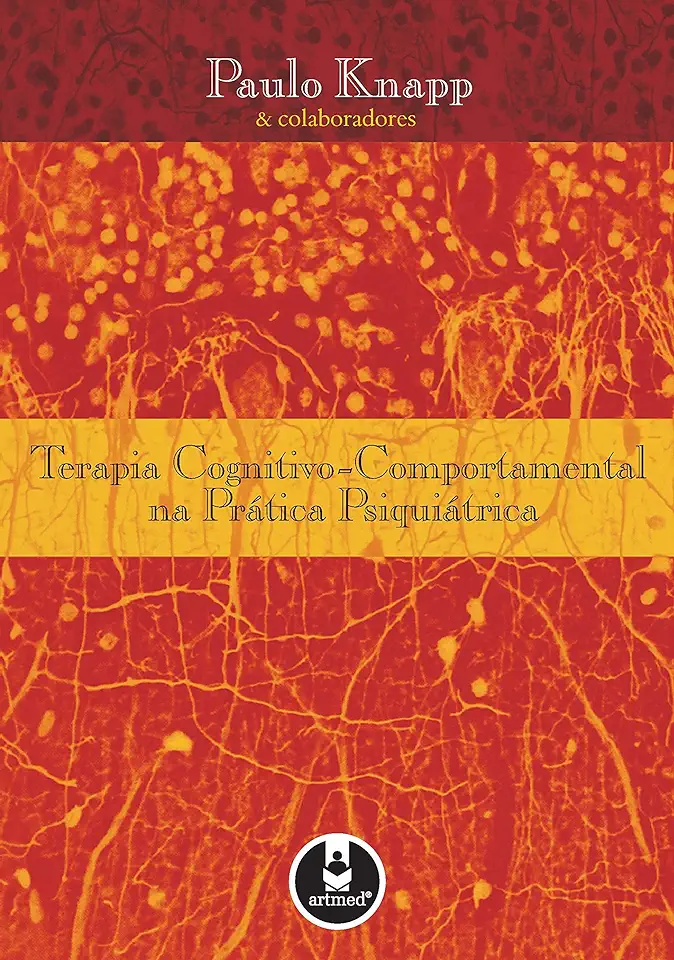
Cognitive Behavioral Therapy in Psychiatric Practice - Paulo Knapp
Cognitive Behavioral Therapy in Psychiatric Practice: A Comprehensive Guide
Introduction
Cognitive Behavioral Therapy (CBT) is a form of psychotherapy that helps people change their thinking patterns and behaviors. It is based on the idea that our thoughts, feelings, and behaviors are all interconnected, and that by changing one, we can change the others.
CBT has been shown to be effective in treating a wide range of mental health problems, including anxiety, depression, eating disorders, and substance abuse. It is also helpful for people who are struggling with stress, relationship problems, or work-related issues.
How CBT Works
CBT works by helping people to identify and change the negative thoughts and beliefs that are contributing to their problems. These negative thoughts and beliefs are often called "cognitive distortions."
Some common cognitive distortions include:
- All-or-nothing thinking: Seeing things in black-and-white terms, with no shades of gray.
- Overgeneralization: Making a general statement based on one or two isolated incidents.
- Catastrophizing: Expecting the worst possible outcome to happen.
- Mind reading: Believing that you know what other people are thinking or feeling.
- Emotional reasoning: Believing that your feelings are always true and accurate.
CBT helps people to identify these cognitive distortions and challenge them. By doing so, they can learn to think more realistically and positively about themselves, the world, and the future.
Benefits of CBT
CBT has a number of benefits, including:
- It is effective: CBT has been shown to be effective in treating a wide range of mental health problems.
- It is safe: CBT is a safe and non-invasive form of therapy.
- It is relatively short-term: CBT typically lasts for 12 to 16 weeks.
- It is skills-based: CBT teaches people skills that they can use to manage their symptoms and improve their lives.
- It is collaborative: CBT is a collaborative process between the therapist and the client.
Who Can Benefit from CBT?
CBT can benefit people of all ages, races, and socioeconomic backgrounds. It is particularly helpful for people who are struggling with:
- Anxiety
- Depression
- Eating disorders
- Substance abuse
- Stress
- Relationship problems
- Work-related issues
Conclusion
CBT is a powerful tool that can help people to improve their mental health and well-being. If you are struggling with a mental health problem, talk to your doctor or mental health professional about whether CBT might be right for you.
Order Your Copy Today!
Cognitive Behavioral Therapy in Psychiatric Practice is a comprehensive guide to CBT, written by leading experts in the field. This book provides a detailed overview of the theory and practice of CBT, and it includes case studies and exercises to help you learn how to use CBT to help your clients.
Order your copy of Cognitive Behavioral Therapy in Psychiatric Practice today and start helping your clients to improve their mental health and well-being.
Enjoyed the summary? Discover all the details and take your reading to the next level — [click here to view the book on Amazon!]